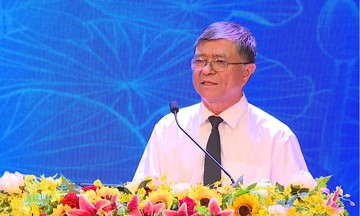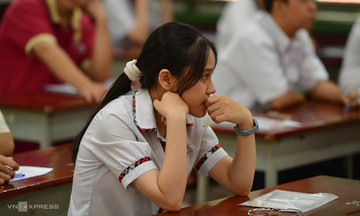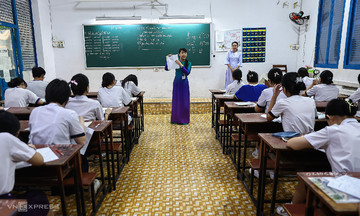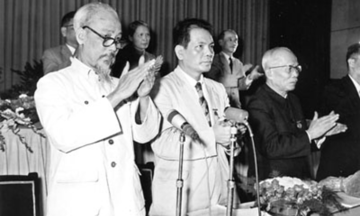He Xianyi, a student from Zhejiang, scored 604/750 on the national college entrance exam (Gaokao) in July. This score, 114 points above the regular university admission threshold, could have secured her a place at a prestigious university. However, she chose to pursue a technical program at the Wuchang Vocational College in Hubei province.
"Scores are just numbers. I don't think universities or colleges are inherently superior or inferior. What matters is finding the right fit for personal and long-term development," Xianyi shared.
Chen Yuxuan, who scored 602 on last year's exam, opted for the Zhejiang University of Mechanical and Electrical Engineering, a vocational university focused on applied studies rather than purely academic pursuits.
"The university boasts a 98% employment rate and offers opportunities with major companies like China Railway. That's what appealed to me," Yuxuan explained.
According to Chinadaily, a growing number of high-scoring students are pursuing vocational education (college level and above), leading to a surge in applications for these programs.
Last year, out of 1,275 students admitted to the Shunde Polytechnic (formerly Shunde Vocational College), over 1,180 (92.63%) had scores exceeding the regular university admission benchmark. Similarly, at the Shenzhen Polytechnic, known as the "Little Tsinghua" of vocational schools, the admission score for physics was 595, on par with major traditional universities. This year, the benchmark for physics rose to 617, surpassing many prestigious, well-funded universities.
A similar trend is observed in vocational universities in Zhejiang. The Jinhua Polytechnic set a record-high admission score of 621.
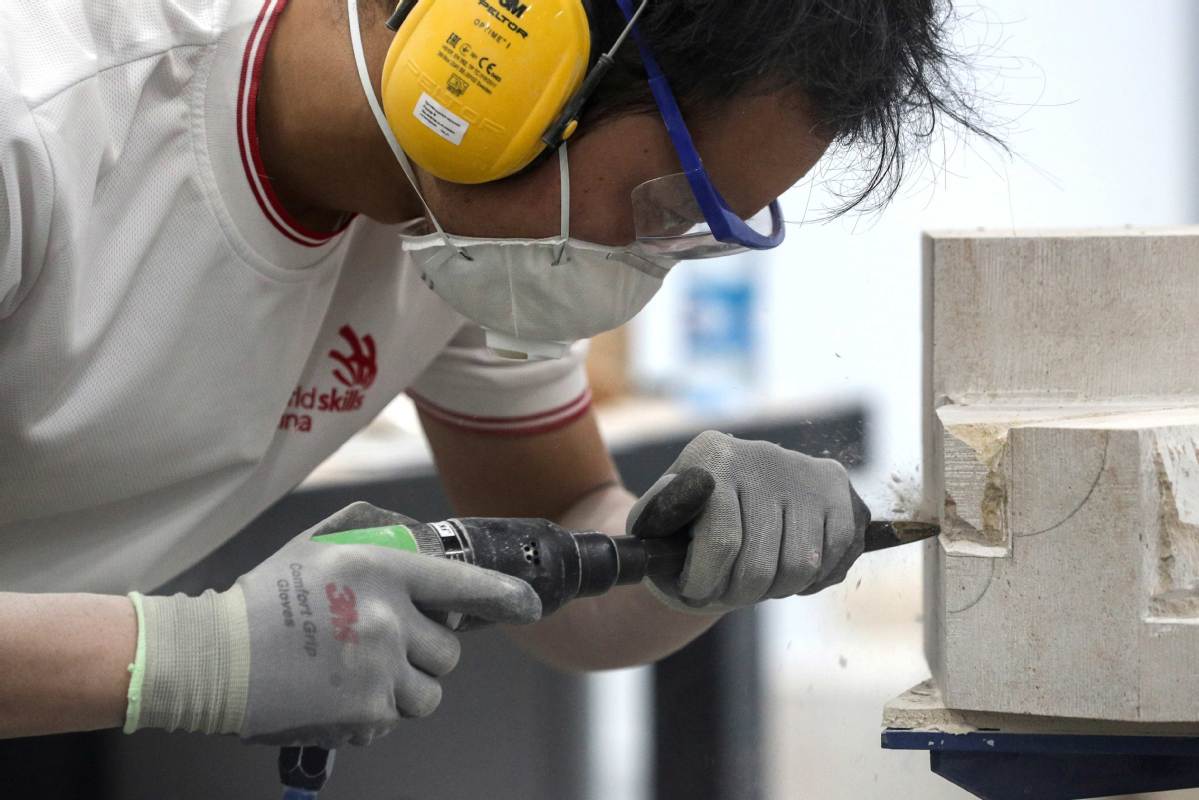 |
A Chinese student participates in the WorldSkills Competition in Russia. Photo: YEGOR ALEEV/TASS |
A Chinese student participates in the WorldSkills Competition in Russia. Photo: YEGOR ALEEV/TASS
The growth of vocational education, particularly at the university level, has become a notable phenomenon in China. The country now has 87 vocational universities following a pilot program launched in 2019.
Sun Tongyu, Vice President of the Shandong Foreign Affairs and Vocational College, stated that since the program's inception, the college has trained over 10,000 students, most of whom have secured stable employment.
Applications for vocational college and bachelor's programs have exceeded 10,000 annually for the past three years, demonstrating the strong appeal of vocational education.
"Most students and parents choose vocational education for better job prospects. We can guarantee that all our graduates will find good jobs," he said. The college has established over 300 training centers in partnership with businesses, offering numerous practice-oriented courses.
"Students aren't here for the prestige. They choose us for practical skills and employment," Sun added.
Experts attribute the appeal of vocational education to its market-driven skills training and focus on job opportunities.
Many vocational schools boast graduate employment rates above 90%, such as Wuxi (97.38%) and Shunde (93.88%). At the Ningbo College of Engineering, 88% of graduates work in their field of study, with 15.5% employed by top 500 companies in China.
Feng Wenjing, who graduated with an English degree from Shandong University in June, observed that vocational institutions place greater emphasis on practical training and real-world application compared to traditional universities. This focus helped her quickly secure a job at a new energy company in Beijing.
Some vocational students in China admitted to initially being hesitant about their choice.
Many shared sentiments like, "I applied because the school seemed like a good fit and got accepted by chance," or "My score was only slightly above the university benchmark, so my options were limited." However, after enrolling, they realized they had made the right decision.
"Individuals should make their own choices instead of blindly following a single path," commented Chu Chaohui, a researcher at the Chinese Academy of Educational Sciences. He believes that in the current landscape, students opting for a more practical approach is normal. The long-term impact on personal development remains to be seen.
Despite promising job prospects, a salary gap persists between vocational and university graduates. According to a report by MyCOS Research Institute, the average salary for university graduates six months after graduation was 6,200 CNY last year, while vocational college graduates earned nearly 4,800 CNY. Vocational schools are encouraged to further enhance training quality to increase the competitiveness of their skilled workforce.
"Vocational education is not 'lower-tier' education. High-scoring students choosing vocational schools demonstrates its value within the education system," said Xiong Bingqi, President of the 21st Century Education Research Institute.
Huyen Trang (Chinadaily, Nfnews, Sina)





